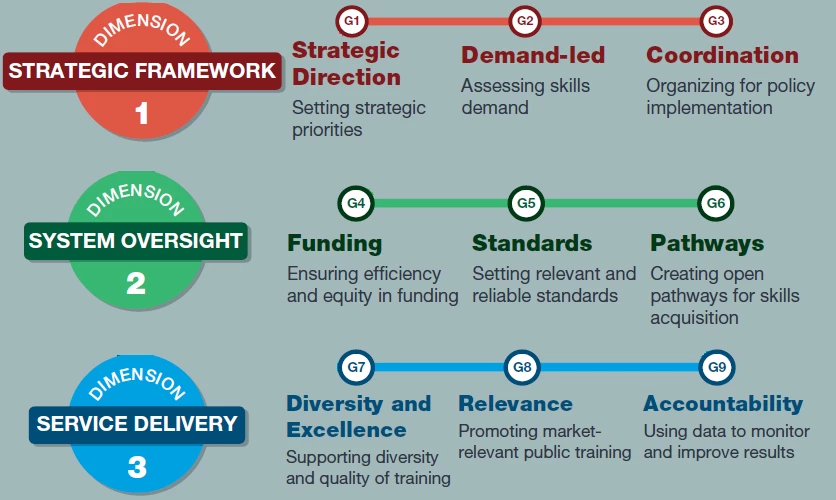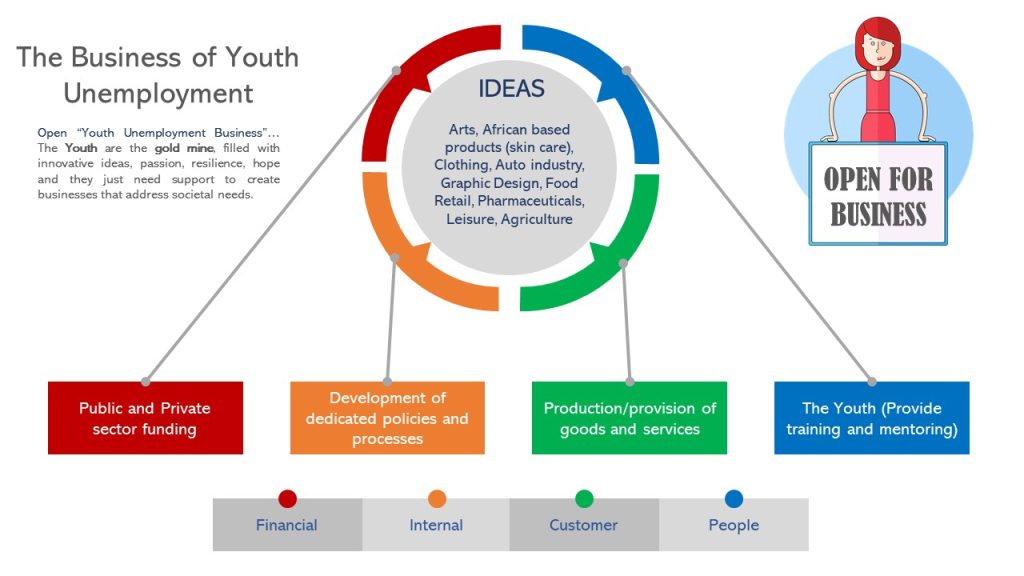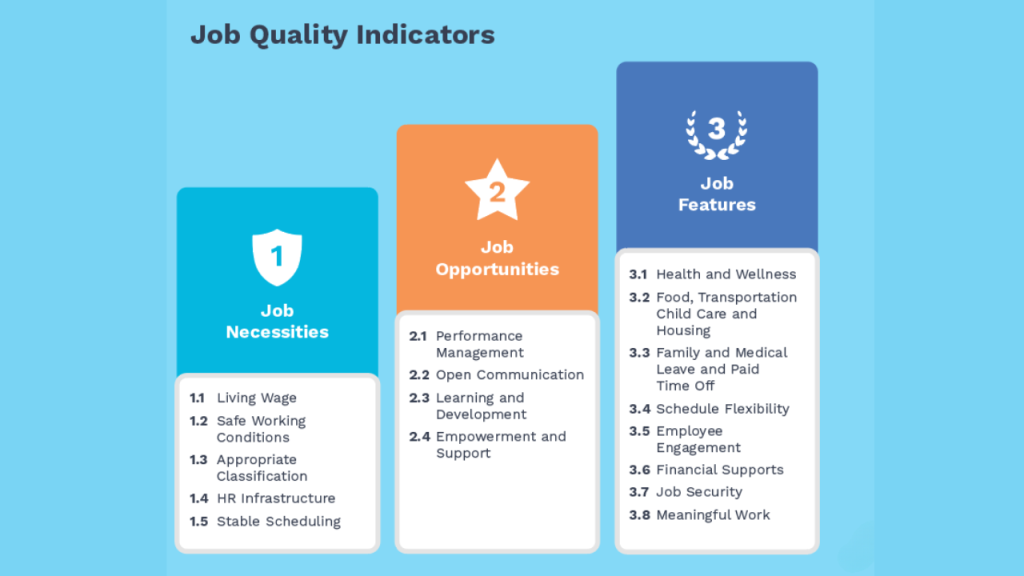The world is facing a Youth Unemployment—a mix of global challenges like climate change, economic instability, geopolitical tensions, and rapid technological change. These issues are reshaping industries, economies, and job markets, making it harder for young people to find jobs while employers struggle to find skilled workers.
According to the International Labour Organization (ILO), youth unemployment was 13% in 2023, with many young people lacking stable job opportunities. At the same time, the World Economic Forum (WEF) reports that 44% of businesses can’t find workers with the right skills. This skills mismatch is a growing problem that could worsen both unemployment and labor shortages if not addressed.
To fix this, we need a comprehensive approach that focuses on five key areas:
✔ Economy – Creating jobs and funding education
✔ Education – Preparing young people for lifelong learning
✔ Employability – Training for real-world job skills
✔ Equality – Ensuring access to opportunities for all
✔ Ecosystem – Building a system that connects education and work
1. Economy: Creating Jobs & Investing in Education
Economic growth is important for job creation, but growth alone is not enough. In many countries, economies are expanding, but youth unemployment is still rising because jobs are not being created in the right sectors.
Another key issue is education funding. The Global Education Monitoring Report 2023 found that many governments don’t invest enough in education, even though UNESCO recommends 4%-6% of GDP. Without proper funding, schools and training programs cannot equip young people with the skills they need for today’s job market.

2. Education: Preparing for the Future of Work
Education systems must evolve to keep up with changing job market demands. According to the OECD, schools should focus on skills, knowledge, and lifelong learning to help young people adapt to new industries.
One solution is stackable credentials—modular courses that let students gain skills step by step. Countries like Germany have successfully reduced youth unemployment by offering vocational training (VET) programs, Youth Unemployment which combine classroom learning with hands-on industry experience.
3. Employability: Matching Skills with Jobs
One of the biggest problems is the skills mismatch—young people often don’t have the skills that employers need. The World Economic Forum’s Future of Jobs Report 2023 predicts that 50% of workers will need reskilling by 2025 because of fast-changing technology.
Governments and businesses must work together to create training programs linked to real job demands. Countries like Switzerland have low youth unemployment because they offer apprenticeships and industry-driven training programs. More countries need to follow this model to ensure young people gain the skills they need for high-growth industries like technology and sustainability.
Ensuring Equal Opportunities and Building a Strong Job Ecosystem
1. Equality: Creating Fair Access to Jobs for All
To reduce youth unemployment, we must ensure equal opportunities for all young people, no matter their gender, background, or location. Unfortunately, women and marginalized communities still struggle to enter high-growth industries like STEM (Science, Technology, Engineering, and Mathematics).
According to UNESCO, only 35% of STEM graduates are women, showing a clear gender gap in these fields.To solve this, we need mentorship programs and women-in-tech initiatives that encourage diverse talent. Companies should also focus on fair hiring, equal leadership opportunities, and inclusive workplace policies. Research shows that diverse teams are more creative and successful, making workplace equality a smart business strategy.
2. Building a Strong Job Ecosystem

A healthy job market needs more than just economic growth and education—it requires collaboration between governments, businesses, schools, and social organizations. The OECD stresses that when these groups work together, youth unemployment decreases and more young people find meaningful jobs.
One successful example is Singapore, where the government connects schools with industries to ensure students are learning skills that match job market demands. This kind of cooperation between schools and companies helps young people move smoothly from education to employment.
3. Partnerships Driving Change: SAP & UNICEF
Companies like SAP and organizations like UNICEF are working together to help young people gain skills and find jobs. In 2022, SAP and UNICEF launched a three-year program in Kenya, Nigeria, and South Africa to train youth for digital and green jobs.
One key part of this program is YOMA (Youth Agency Marketplace)—a platform created by young Africans to help youth gain skills and find jobs. By the end of the first year, the program had helped 600,000+ young people access digital skills training.
One of YOMA’s “learn-to-earn” programs is SAP’s Educate to Employ initiative, which offers free training for young people to learn digital skills. Run by the non-profit UMUZI, this program helps youth:
✅ Develop key digital skills
✅ Gain SAP technology certifications
✅ Find job opportunities
So far:
✔ 1,000+ learners completed foundational courses
✔ 165 learners finished 400+ hours of job training
✔ 100 learners are preparing for SAP-certified exams
This shows that partnerships between private companies, global organizations, and local non-profits can create real solutions to youth unemployment.

As the digital and green economy grows, we must ensure no young person is left behind. Public-private partnerships like those between SAP, UNICEF, and UMUZI show how working together can create lasting change. By investing in skills, education, and fair opportunities, we can help young people succeed in the workforce and build a better future for all.



super!
wonderful!
super!
super!